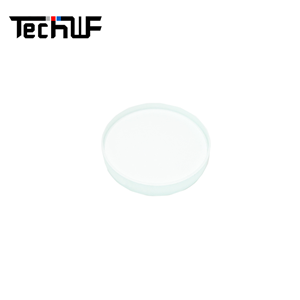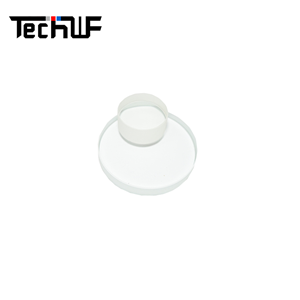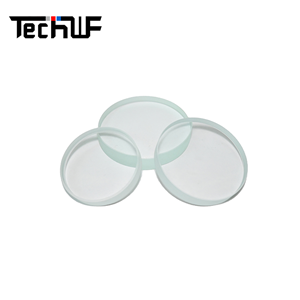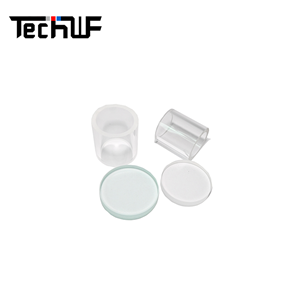Chemical composition(%): SiO2 AL2O3 CaO MgO K2O Na2O B2O3
Product Description:
Mirrors generally refer to the observation (hole) of pressure vessels in chemical applications and instruments, and are used for chemical lining
Mirror supporting components such as porcelain equipment, light industry, refrigeration, printing and dyeing, shipbuilding, and explosion-proof equipment.
This product is made through processes such as cutting, billet making, grinding, polishing, and edge grinding.
Product appearance quality indicators:
1. The color is white and transparent, with a slight hint of light green or yellow allowed.
2. No dispersed small grooves, no alkaline bubbles or broken bubbles.
3. No filamentous or striped patterns.
4. No refractory sand, iron filings or other impurities, undissolved transparent crystals, and raw materials with a percentage of less than 1cm ² area
Less than 2 on the surface or without cracking.
5. There should be no more than two minor scratches with a length of less than 30mm outside the surrounding area of 15mm.
6. No cracks.
7. There are no pits or wrinkles on the two sealing surfaces, and there are no pits with a depth greater than 2mm on the side within 3mm of the chamfer diagonal. There are no wrinkles with a depth greater than 2mm on the entire side.
3、 The physical and chemical performance indicators of the product meet the technical requirements of GB/T9963-1998 issued by the Ministry:
1. Bending strength: not less than 1100kgf/cm
2. Temperature resistance: 250 ℃
3. Light transmittance: above 90%.
4. Hydraulic water resistance strength: 10kgf/cm
5. Thermal stability: Conduct thermal shock test according to GB3836.2 specification
6. Heat resistance impact: According to GB3836.2 test, impact resistance 7J impact test.
7. Softening temperature:>800 ℃
8. Annealing temperature: 300 ℃












